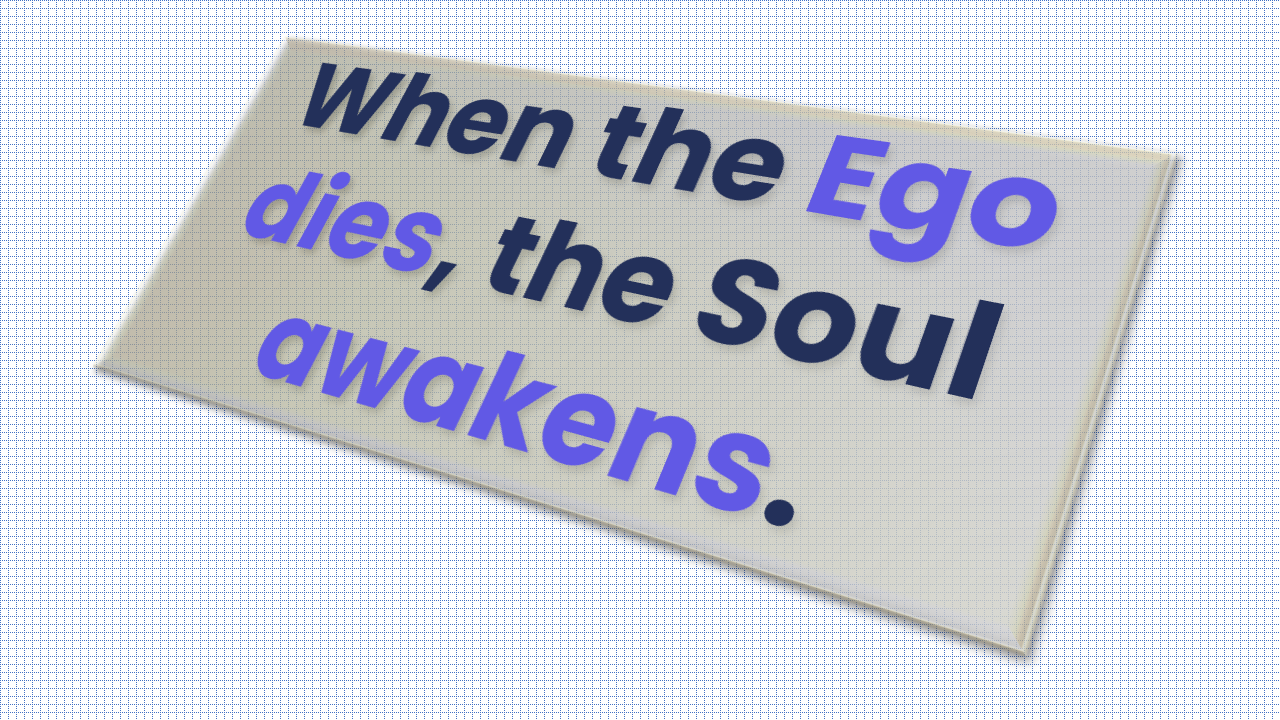Is there an afterlife?
Is there an afterlife?
There are many different beliefs about the afterlife, and it is a topic that has been debated by theologians, philosophers, and others for centuries. Some people believe in the existence of an afterlife, while others do not. There is no definitive answer to the question of whether or not there is an afterlife, and it ultimately comes down to individual beliefs and perspectives.
What Islamic theologians says about afterlife?
Islamic theologians believe in the existence of an afterlife, where the soul will be judged by God and sent to either paradise or hell. According to Islamic belief, the souls of the righteous will be rewarded with eternal life in paradise, where they will enjoy the presence of God and all the blessings and delights that He has prepared for them. The souls of the wicked, on the other hand, will be punished in hell, where they will experience the wrath of God and the torment of their sins. Islamic theologians believe that the afterlife is an essential part of the belief in one God, and that it is through this belief that one can achieve true peace and happiness in this life and the next.
What is Islam talks about soul ?
According to Islamic belief, the soul is the eternal, immortal part of a person that is created by God and is a reflection of His divine nature. It is believed to be the source of a person's consciousness and personality, and it is responsible for a person's actions and behaviors. In Islam, the soul is considered to be the most important aspect of a person, and it is believed that the soul will continue to exist after the physical body dies.
What veda theologians says about afterlife?
In Hinduism, the concept of the afterlife varies among different denominations and traditions. Some believe in reincarnation, the belief that the soul is reborn into a new body after death. Others believe in moksha, the concept of liberation from the cycle of reincarnation and attainment of a state of eternal peace and happiness. Some Hindu texts also mention the existence of heaven and hell as places where the soul goes after death, depending on the actions and deeds of the individual during their lifetime. Ultimately, the belief in the afterlife is a matter of personal interpretation and belief within the Hindu tradition.
What is Hinduism talks about soul ?
In Hinduism, the concept of the soul (atman) is central to the belief system. The soul is believed to be eternal and indestructible, and it is the essence of every living being. It is also believed to be the source of consciousness and to contain the qualities and characteristics of an individual. Hindus believe that the soul is reincarnated after death and that the cycle of reincarnation continues until the soul reaches moksha, which is the ultimate goal of Hinduism and refers to the release from the cycle of reincarnation and the attainment of spiritual liberation.
What Christin theologians says about afterlife?
Christian theologians believe that there is an afterlife, and that it is a place of eternal life with God for those who have accepted Jesus Christ as their savior. According to Christian beliefs, those who have accepted Christ will have their souls resurrected and will live forever in heaven, while those who have not accepted Christ will be separated from God and will experience eternal separation from him in hell. In Christian theology, the purpose of life is to accept Jesus Christ as savior, follow his teachings, and prepare for eternity in heaven.
What is Christian theologians talks about soul ?
Christian theologians believe that the soul is the immortal part of a person that is created by God and is the source of their personality and individual identity. They believe that the soul is separate from the body and that it exists beyond physical death. According to Christian theology, the soul is the part of a person that is able to experience God's presence and communicate with him. It is also believed to be the part of a person that is able to experience joy, love, and other positive emotions, as well as suffering and pain. The ultimate destiny of the soul is believed to be determined by a person's relationship with God and their actions in life. Some Christian theologians believe that the soul goes to heaven or hell after death, while others believe in the resurrection of the body and the reuniting of the soul with the body in a new, glorified form.





































